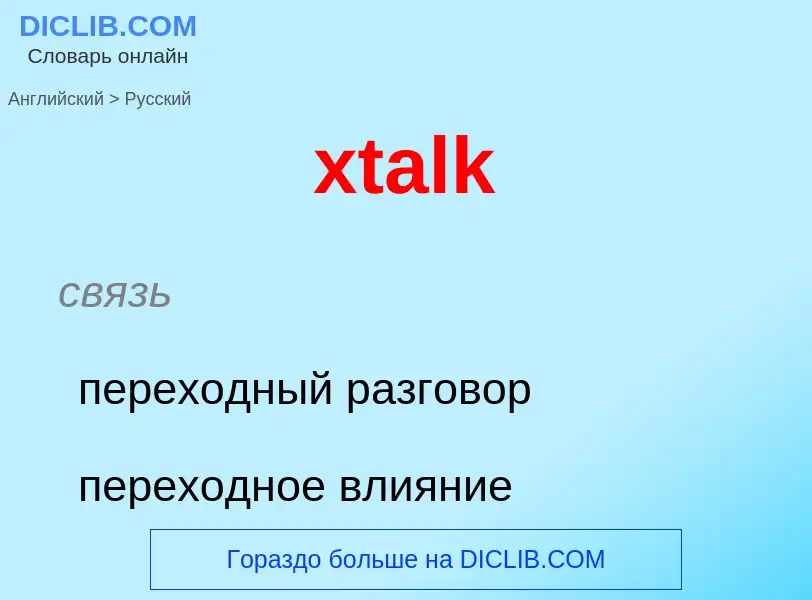Перевод и анализ слов искусственным интеллектом ChatGPT
На этой странице Вы можете получить подробный анализ слова или словосочетания, произведенный с помощью лучшей на сегодняшний день технологии искусственного интеллекта:
- как употребляется слово
- частота употребления
- используется оно чаще в устной или письменной речи
- варианты перевода слова
- примеры употребления (несколько фраз с переводом)
- этимология
xtalk - перевод на русский
связь
переходный разговор
переходное влияние
общая лексика
язык сценариев Hypertalk
в ПК Macintosh - язык системы HyperCard, используемый для организации связей между "картами" стеков-каталогов системы
Определение
Википедия
HyperTalk is a discontinued high-level, procedural programming language created in 1987 by Dan Winkler and used in conjunction with Apple Computer's HyperCard hypermedia program by Bill Atkinson. Because the main target audience of HyperTalk was beginning programmers, HyperTalk programmers were usually called "authors" and the process of writing programs was known as "scripting". HyperTalk scripts resembled written English and used a logical structure similar to that of the Pascal programming language.
HyperTalk supported the basic control structures of procedural languages: repeat for/while/until, if/then/else, as well as function and message "handler" calls (a function handler was a subroutine and a message handler a procedure). Data types usually did not need to be specified by the programmer; conversion happened transparently in the background between strings and numbers. There were no classes or data structures in the traditional sense; in their place were special string literals, or "lists" of "items" delimited by commas (in later versions the "itemDelimiter" property allowed choosing an arbitrary character). Code execution typically began as a response to an event such as a mouse click on a UI widget.
In the late 1980s Apple considered using HyperCard's HyperTalk scripting language as the standard language across the company and within its classic Mac OS operating system, as well as for interprocess communication between Apple and non-Apple products. The company did not oppose the development of imitations like SuperCard, but it created the HyperTalk Standards Committee to avoid incompatibility between language variants. The case-insensitive language was initially interpreted, but gained just-in-time compilation with HyperCard 2.0.

